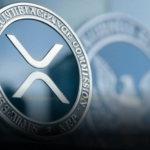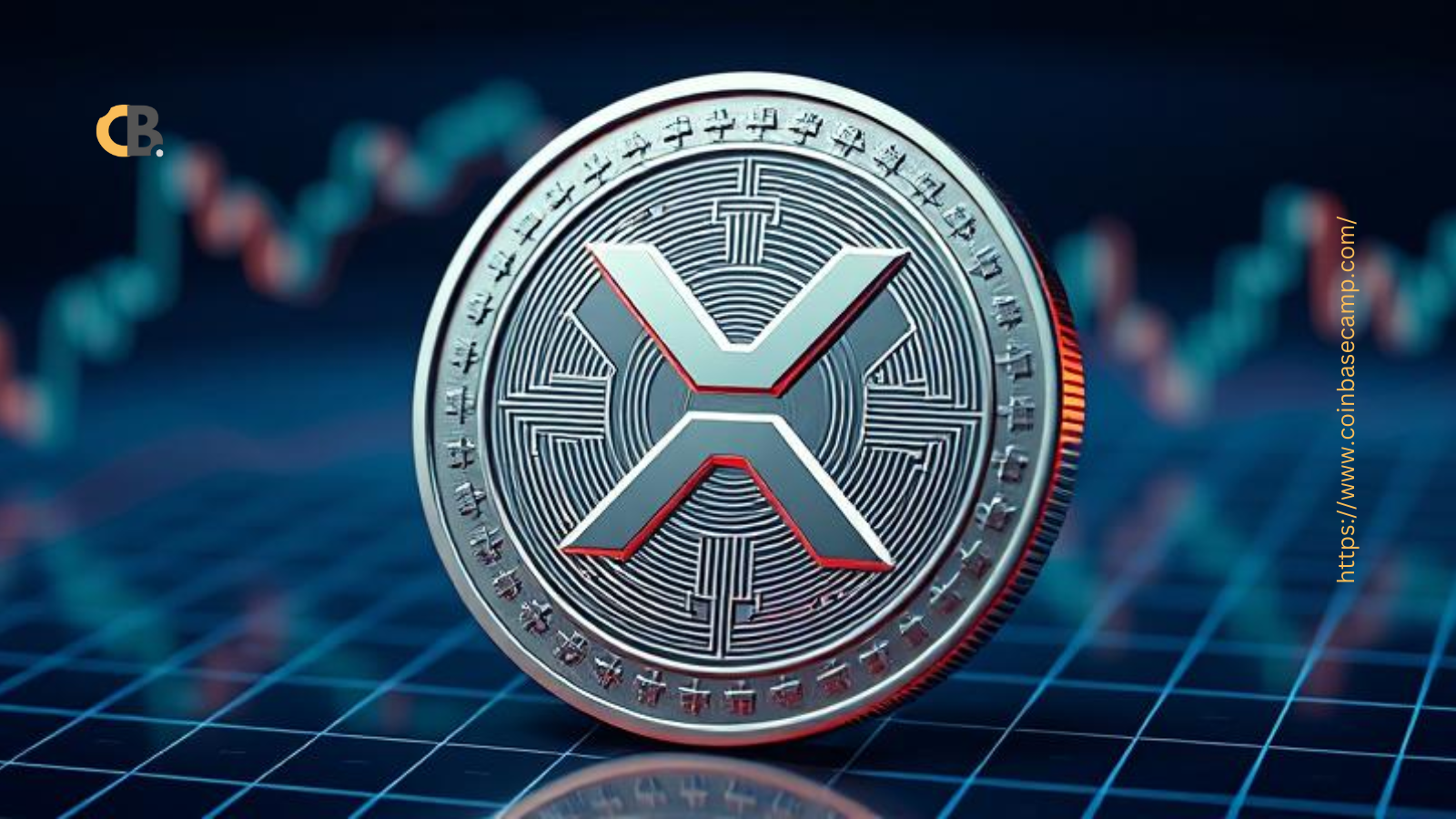Key Takeaways:
- South Korea’s finance industry leader vows to introduce crypto ETFs by 2025.
- Demand for Bitcoin and Ethereum ETFs is rising among investors aged 50 and above.
- The government is reviewing regulations that could ease restrictions on corporate crypto accounts.
South Korea Eyes Crypto ETFs to Cater to Older Investors
South Korea’s Financial Investment Association (KOFIA) is making a bold move to introduce cryptocurrency exchange-traded funds (ETFs) in the domestic stock market by 2025. The association’s chief, Seo Yoo-seok, emphasized the growing interest in digital assets, particularly among investors over 50, during a press conference on Feb. 5.
Seo highlighted that while older investors are increasingly drawn to cryptocurrencies, direct ownership comes with risks. He believes that regulated financial products, such as Bitcoin and Ethereum ETFs, could provide a safer investment alternative.
Regulatory Hurdles and Changing Sentiment
Despite the growing demand, South Korea’s Financial Services Commission (FSC) does not currently classify cryptocurrencies as underlying assets for securities. This restriction, set by the Capital Markets Act, has prevented the listing of crypto-backed ETFs.
However, regulatory attitudes are evolving. In October 2024, South Korea established a Virtual Asset Committee to reassess rules surrounding corporate crypto accounts and ETFs. The committee has been reviewing these regulations, with recent meetings suggesting that changes may be on the horizon.
Crypto Boom in South Korea
South Korea remains one of the most active cryptocurrency markets globally. In Q1 2024, the Korean won overtook the U.S. dollar as the most-traded fiat currency against crypto.
However, the country’s strict Anti-Money Laundering (AML) regulations pose barriers to institutional investment. Only five crypto exchanges in South Korea have been able to secure partnerships with local banks since 2018. These agreements are essential for offering fiat-to-crypto services, requiring investors to open real-name bank accounts linked to their legal identities.
What’s Next?
With increasing pressure from investors and the finance industry, South Korea could soon see a shift in its stance on crypto ETFs. If approved, these ETFs could provide a gateway for older and institutional investors to participate in the digital asset market more securely.
The crypto landscape in South Korea is evolving rapidly—will 2025 be the year crypto ETFs finally arrive?












